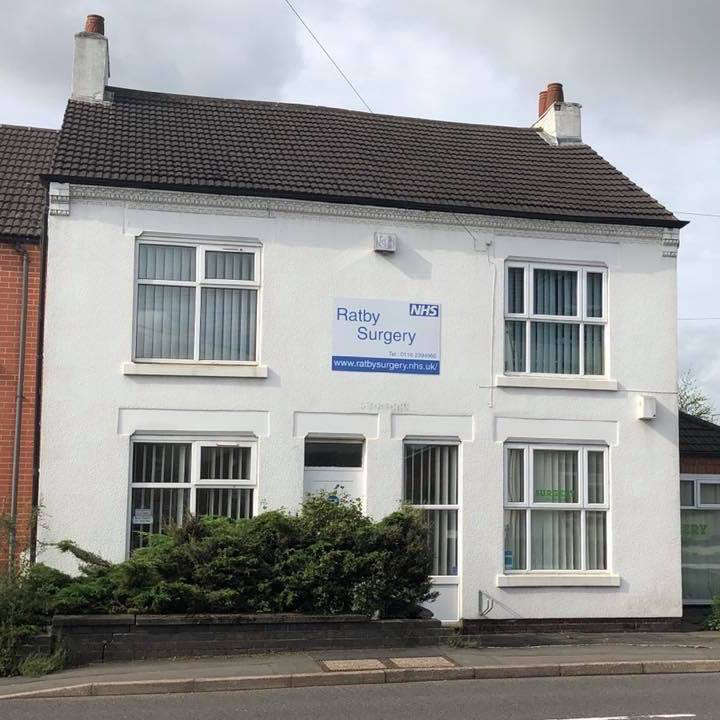
The Community Pharmacist Consultation Service means receptionists can refer you directly to a community pharmacist for certain health problems.
NHS England estimates that between 6% and 8% of all GP and Nurse consultations can be safely transferred to a community pharmacist. This equates to freeing up 55 appointments per week at each GP practice.
The Community Pharmacist Consultation Service (CPCS) hopes to ensure patients get the help they need from the right health professional and helps GPs focus on those patients with more urgent needs.
Dr Reema Parwaiz, GP and Prescribing Lead for West Leicestershire Clinical Commissioning Group, said: “The receptionist will often ask you to explain why you’re calling, before deciding on the best course of action. We want patients to be assured that they have been trained to do this, it helps you get the care you need from the right person, in the right time frame, depending on the medical problem you have. You won’t necessarily
need to see a GP each time.
“Primary care has changed, GPs are spending more of their time caring for the most seriously ill patients in the practice, particularly those who have complex long-term conditions.
“Community pharmacists have the training and skills to advise on many minor ailments which, previously, you did need to see a GP for. It's often much quicker and easier than waiting for a GP appointment and they can assess you confidentially, so you can have a conversation where other people can’t hear you. There are many health conditions which are treatable through over the counter medications which do not require a prescription. I personally feel that the scheme supports patients and empowers them to take control of their own health.”
Viv Cannon, reception manager at Ratby Surgery, added: “I have found the CPCS to be a great service for all concerned – patients, GPs and receptionists. As receptionists we are given clear guidance on when it is appropriate to refer patients to the pharmacist and when they need to see a GP.
“It has even surprised me how much community pharmacists are able do and this scheme helps patients to become more confident using the pharmacy service, which otherwise they may not have even thought of. Plus, it frees up a number of GP appointments for those who really need them, which is always a good thing.”
Figures from the Clinical Commissioning Groups in LLR show that since the service was introduced in May 2021, 62 GP practices and 209 pharmacies have signed up across the area and more than 2,400 patients have been referred to a pharmacist.
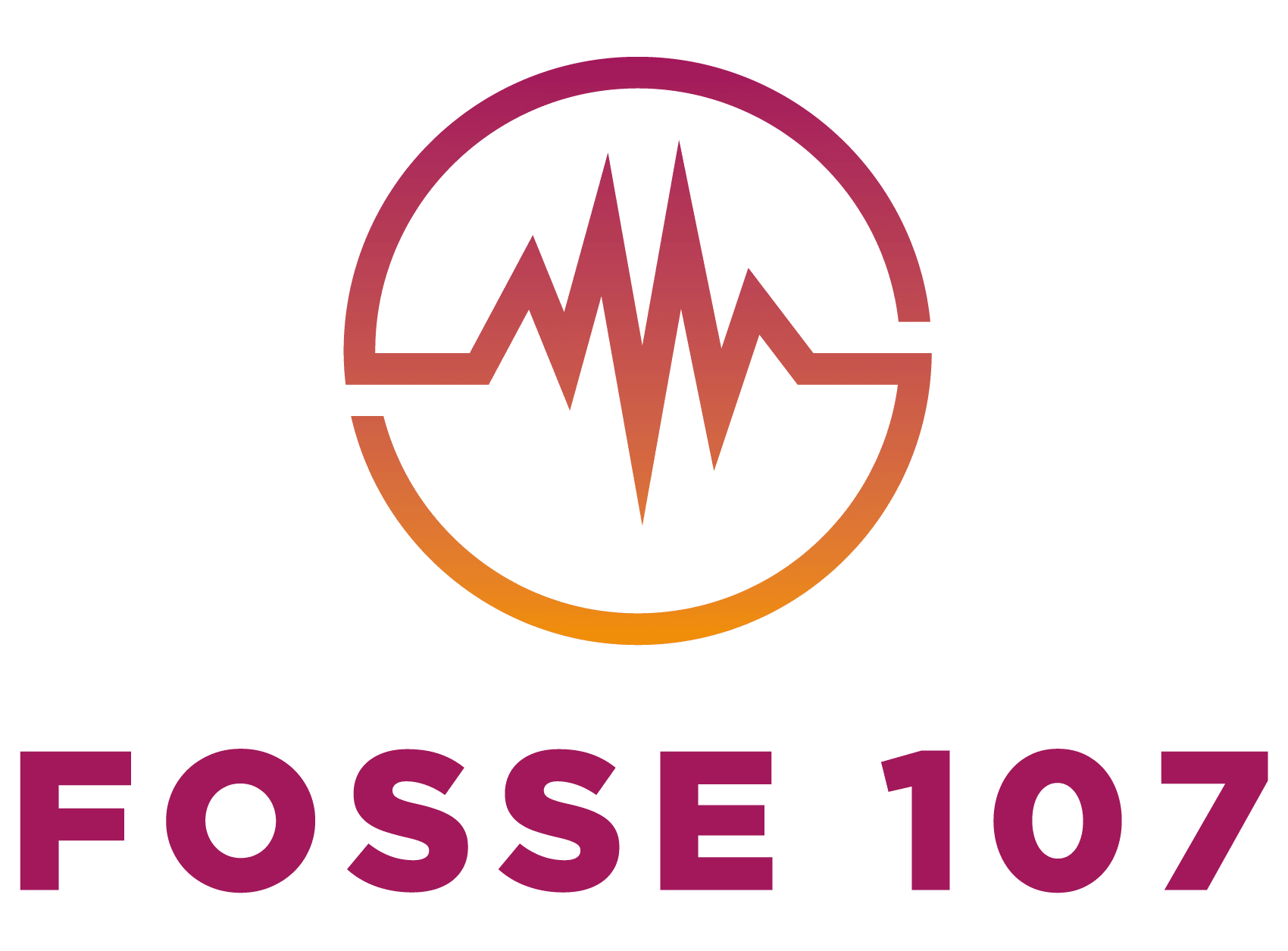
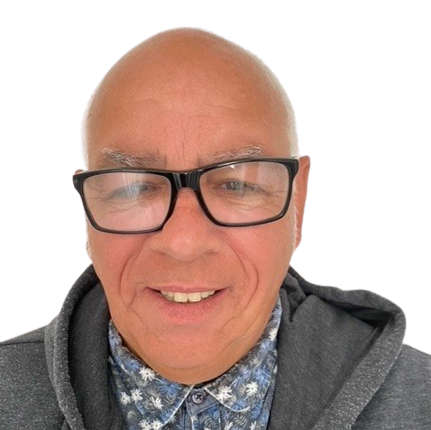
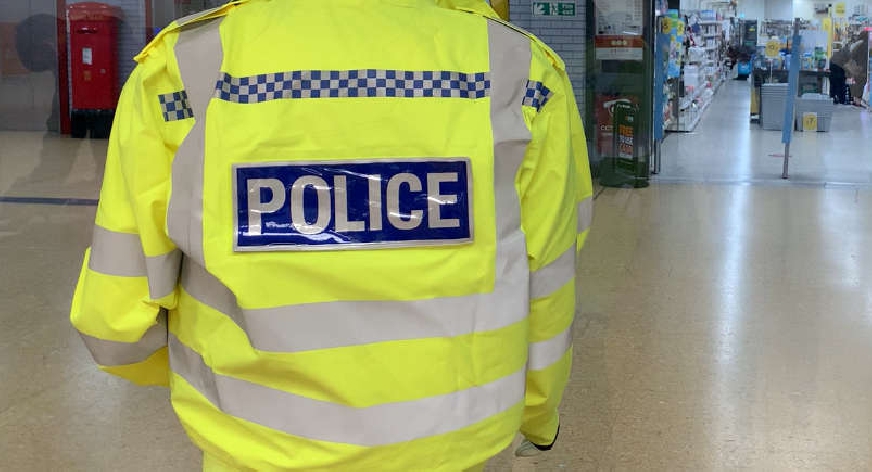 Body of a man found in water at Stoney Cove
Body of a man found in water at Stoney Cove
 Beaumanor Hall temporary closed due to public safety risk
Beaumanor Hall temporary closed due to public safety risk
 Witnesses to robbery in Hinckley asked to come forward
Witnesses to robbery in Hinckley asked to come forward
 Air Ambulance called after collision on M1
Air Ambulance called after collision on M1
 Nominations open for Leicestershire Partnership NHS Trust’s Celebrating Excellence Awards
Nominations open for Leicestershire Partnership NHS Trust’s Celebrating Excellence Awards
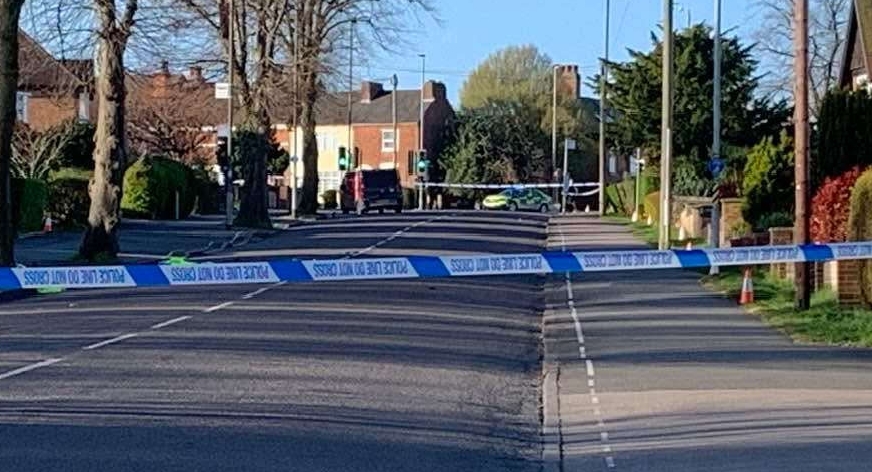 Cyclist in a serious condition after crash with van
Cyclist in a serious condition after crash with van








